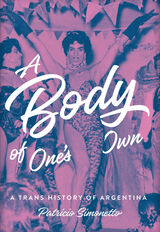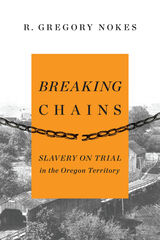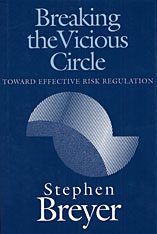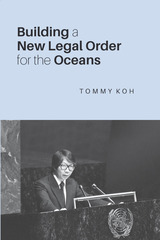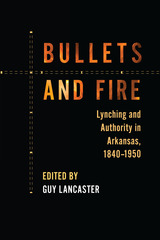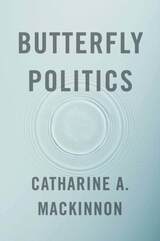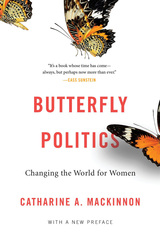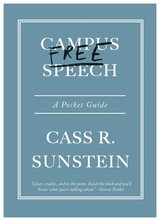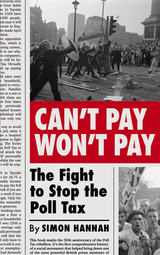The Long Now Conditions Permit: Poems
University of Nevada Press, 2025
Paper: 978-1-64779-203-9 | eISBN: 978-1-64779-204-6
See other books on: Animals & Nature | Macarty, Jami | Poems | Subjects & Themes | Women Authors
See other titles from University of Nevada Press
Paper: 978-1-64779-203-9 | eISBN: 978-1-64779-204-6
ABOUT THIS BOOK | AUTHOR BIOGRAPHY | REVIEWS
ABOUT THIS BOOK
The Long Now Conditions Permit confronts the persistent brutalities of our world through poetry that both names and resists the injustices shaping it. From the quiet sorrows of everyday slight to the overwhelming crises of ecological collapse and gendered violence, these poems document what is occurring—the horrendous and the intimate, the anguished and the magnificent.
With ethical attention, Jami Macarty’s collection engages the political, ecological, and personal forces that shape and mark our lives, offering an ecofeminist ethic of care as an antidote to extractive capitalism and patriarchal norms. Each poem meditates on power, insists on articulating what is being lost—and what must be saved and reclaimed.
Amid the exploitation and violence, these poems find moments of grace: the scent of a sea rose, a desert walk in spring, the company of birds, Earth entire. The Long Now Conditions Permit is both tender elegy and urgent call, exhorting readers to grapple with the devastating failings of humanity and the saving possibilities of love.
With ethical attention, Jami Macarty’s collection engages the political, ecological, and personal forces that shape and mark our lives, offering an ecofeminist ethic of care as an antidote to extractive capitalism and patriarchal norms. Each poem meditates on power, insists on articulating what is being lost—and what must be saved and reclaimed.
Amid the exploitation and violence, these poems find moments of grace: the scent of a sea rose, a desert walk in spring, the company of birds, Earth entire. The Long Now Conditions Permit is both tender elegy and urgent call, exhorting readers to grapple with the devastating failings of humanity and the saving possibilities of love.
See other books on: Animals & Nature | Macarty, Jami | Poems | Subjects & Themes | Women Authors
See other titles from University of Nevada Press

